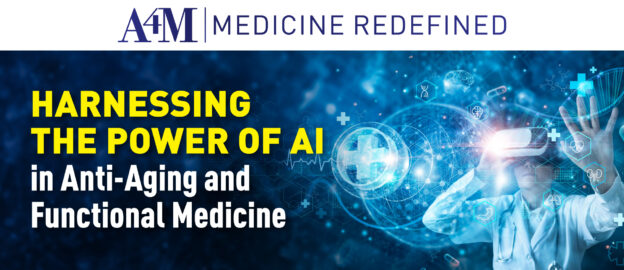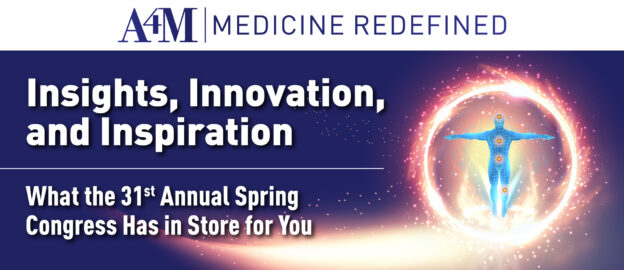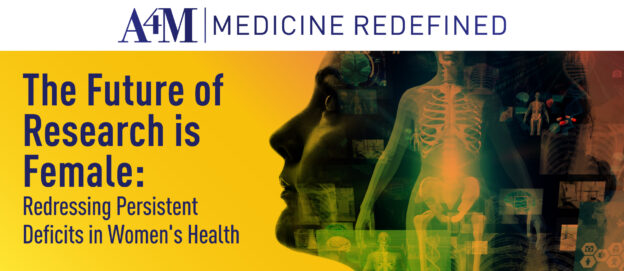Artificial intelligence (AI) is revolutionizing the healthcare industry by providing computer systems with human-like intelligence to perform complex tasks such as visual perception, speech recognition, decision-making, and language translation. As the capabilities of this technology expand, so will the number of its potential applications in the medical realm. In anti-aging and functional medicine, physicians may soon be able to leverage AI technology to provide even more personalized care strategies while enhancing patient outcomes. However, the widespread adoption of AI poses unique challenges in the healthcare industry that must be addressed before introducing such technologies.
Nonetheless, artificial intelligence models capable of transcribing patient summaries, drafting prior authorizations, and summarizing visit notes promise decreased time spent on tedious administrative work and levels of practitioner burnout. Used correctly, emerging AI tools can greatly support physicians in practice, allowing them to focus on their specialty – caring for patients.



